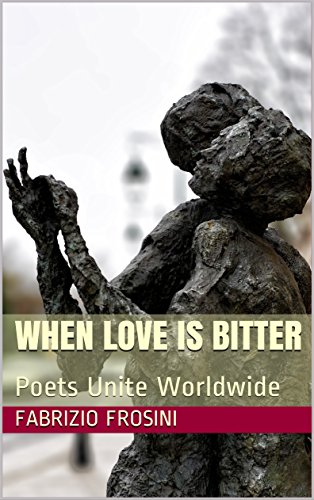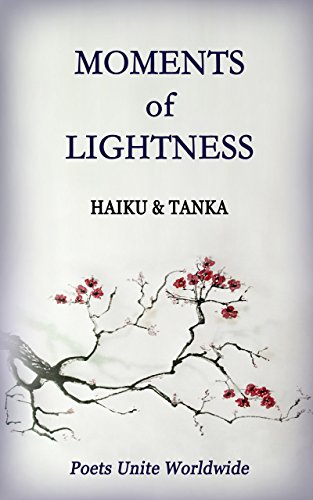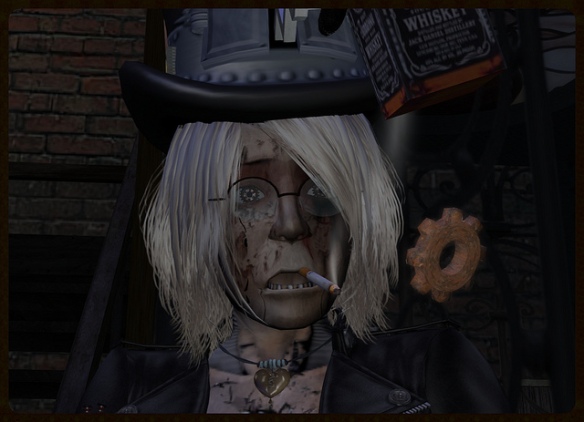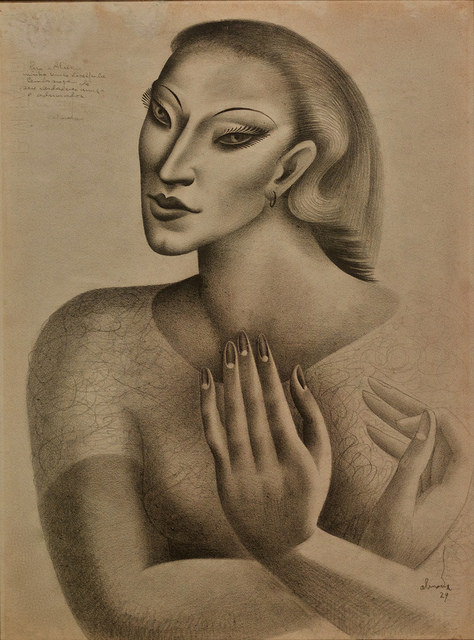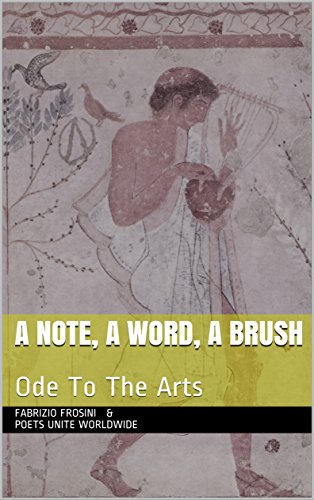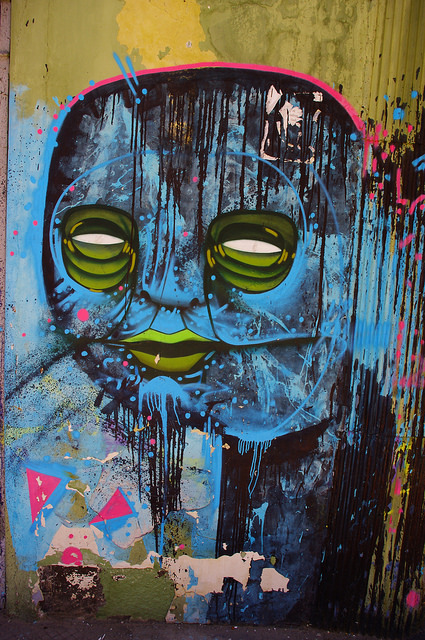
Al entrar de regreso
a la casa de mis primeros años,
me abraza el frío abandono de sus muros
como si el tiempo y los temblores de mi país
quisieran también derrumbar mi alma.
En el desván de esta casa yo soñaba con Amada,
la niña que me inicio, sin darse cuenta,
en el deseo contemplativo
y en el imposible ayuno de amar.
Diría que por su culpa me hice poeta
al mirarla pasar bajo esta misma ventana
en que ahora reflejo mi semblante trizado.
Hace algún tiempo, vía internet,
desenterré una fotografía de Amada.
Hoy, en medio de estas paredes arruinadas,
creo ver su actual imagen
bajo un graffiti de sentido obscuro
pero que me libera del acoso de mi propia juventud.
Pienso que jamás estuve ausente,
sólo fui un vagabundo que buscaba identidad,
por caminos seguros y con equipaje,
y que acaso malgastó su vida
para volver encanecido a la casa de su infancia.
(Alexandro Acevedo Johns)
My childhood’s house by Alexandro Acevedo Johns Chile
I returned to the house of my early years.
Inside to it, the cold desolation of its walls
embraced me, as if the time spent
and the earthquakes of my country
would like the demolition of my soul.
In the attic of this house I dreamed with Amada,
the girl who induced to me, without her knowing,
in the contemplation of desire
and the impossible fasting of love.
I think that by her guilt I became a poet,
when I saw her steps under this window
that right now it show, my cracked countenance.
From internet, some time ago,
I dug up a photograph of Amada.
Now, in the middle of these ruined walls,
I can see her current image as if it were
a graffiti of dark meaning
but it sets me free from the harassment
of my own youth.
I believe I was never far away,
I was just a vagrant looking for identity
on safely roads and with luggage,
maybe he wasted his life
Going back with his gray hair
to the house of his childhood.
~*~
Alexandro Acevedo Johns, Chile
— My name is Alexandro Acevedo Johns, but I sign my writing with my
maternal surname (Johns). I am Chilean, born on November 2, 1947. I’m a lawyer
and live in Santiago, the capital of Chile, with my wife Marcela. In my youth I
was devoted to poetry, as many of my generation. Now, since I retired from the
legal profession, I’ve regained my freedom to write. It is said that writing is a
very demanding activity and endanger the spirit if you’re not an optimist. But,
after the years, I feel that writing helps me to stay alive and connected
emotionally with the world we live in.
~*~
